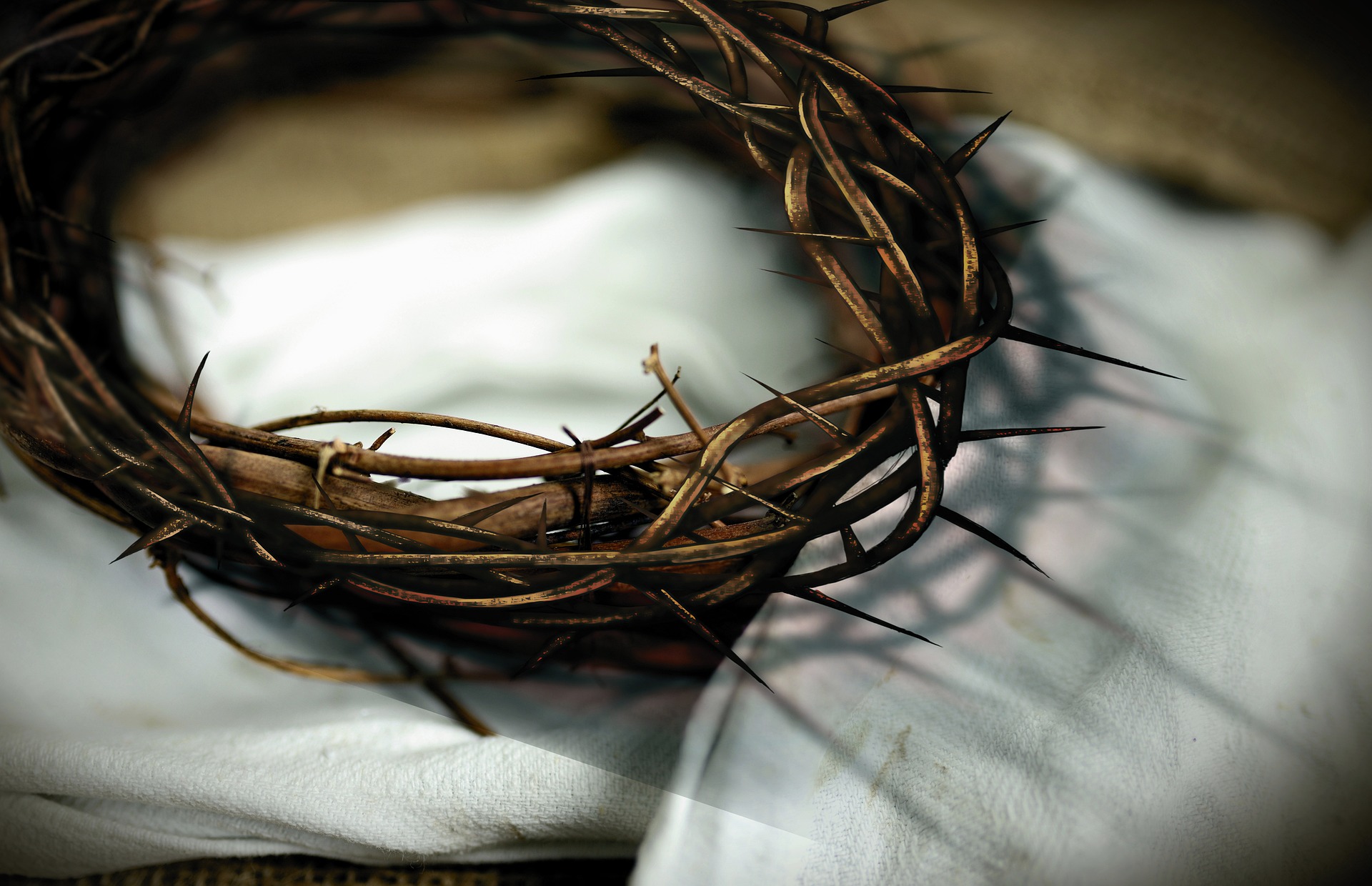The challenges of being the parish priest for three parishes are manifold. One of the smaller but repetitive and unavoidable ones is ensuring I have a suitable contribution for all the parish magazines at the time such contributions are required. The magazines in Hunsdon and Widford are both monthly (pretty much) and share the same press deadline, so coordinating efforts here is uncomplicated. But the Waresider is every three months and has a longer lead-time between press deadline and publication. In fact, I’ve just finished preaching through a sermon series that I hadn’t even started at the time I wrote the Waresider article, and by the time you, or the good folk of Wareside read what I have written, we will all be well into the season of Lent – a new series of sermons and a time of reflection on walking with God as we draw near to the world-changing events of Good Friday and Easter Day. Because of the timing and because the most recent sermons are still on my mind (on the book of the prophet Habakkuk, which addresses the timeless questions of suffering and justice), I thought I’d share with you some thoughts about Good Friday.
When one stops to think about it, even for a second, the name “Good Friday” does seem a little odd. The events of the day (a Friday) that we call to mind every year are truly harrowing. Anyone who has seen Mel Gibson’s film, “The Passion of the Christ” will know exactly what I mean. Even if you haven’t, consider the story… Jesus, a man renowned for his teaching, his compassion and his remarkable ability to heal, is betrayed by a friend to jealous religious leaders who have been plotting his death for some time. He is then convicted by a kangaroo court and delivered to the Roman governor, Pontius Pilate, on trumped up charges. Pilate finds Jesus innocent of any crime, but caves in to the pressure of mob rule for a quiet life and determines that he be scourged and then crucified. Roman scourging was a whipping and beating so brutal that many prisoners died as a result of it. Crucifixion itself was such a horrific means of execution that it was reserved only for the lowest of people – slaves and foreigners and enemies of the state. It was deemed offensive even to mention it in polite company. The Gospels tell us that Jesus died at the ninth hour – three in the afternoon – and was verified as dead by a soldier piercing his side with a spear.
When Jesus’ body was taken down from the cross, it was laid in the tomb of a stranger, and a large stone rolled across the entrance – a door closed on a remarkable life, the dreams of many crushed and the fear of persecution brought to birth in the hearts of those previously associated with him. On the face of it, there is nothing good about this story. And yet we call it “Good Friday”. Why?
The Bible’s answer, and the Christian faith’s confidence, is that in the heinous and grievous miscarriage of justice that was Jesus’ execution, and in the suffering he endured going through it, God has destroyed the devil’s most powerful weapon and overcome the power of death. To prove it, Jesus rose victorious from the grave on the third day. As one of our Easter hymns declares, “Death is dead, love has won, Christ has conquered!” Good Friday is about the death of death. And without question, that is good news.
May the message of the cross bring you hope as you journey through Lent.
